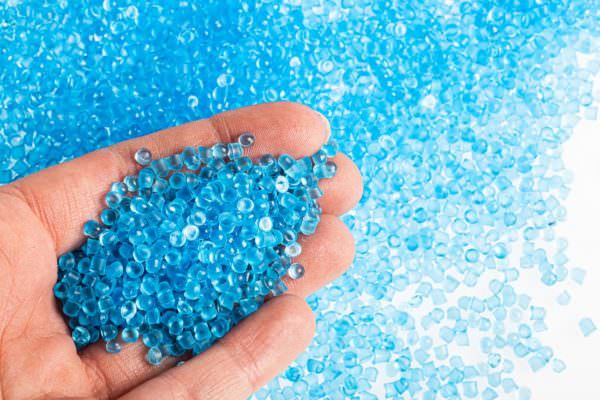
I Use Plastic ... But It's Ok Because I Recycle It
2nd Jun 2020
The short answer – no. Sorry to break it to you, but just because you recycle plastic does not mean it's okay to use it in the first place. Why?

Nurdles
Nurdles are tiny pieces of plastic which act as the building blocks for every other piece of plastic. Nurdles are tiny (3-5mm) pieces of plastic that are used to make drink bottles, food containers, plastic bags, baby toys … you name it, if it's plastic, it's been made from nurdles. And nurdles end up everywhere. Simply because, if you've ever tried cooking with rice, you'll know it's basically impossible to get every single piece into your pan. And if you're being a bit careless – because at a manufacturing plant no one has the time or the money to be super careful – it's even worse. Usually they end up in the sea. Nurdles are spilt at all stages of their life cycle: during production, transportation, molding into larger plastic items, and recycling. This not only means that they end up on the ground, in the soil, but also down drains and into rivers. Nurdles in the ocean are harmful in two ways: they look like fish eggs, causing unsuspecting wildlife to eat them, and they attract toxins onto their surface and then release them into any animal that eats them. For more information about nurdles see here.
The Problem with Recycling
Yes, we need to continue putting that plastic in the recycling bin … but it doesn't assuage us of responsibility to reduce our waste. So, you may have heard about Australia's recycling crisis a few years ago. We're on our way to solving it – governments have pledged to make the Australian recycling industry viable by the end of this year – but even so, not all recycling is recycled. We prefer composting … but that's not always an option. This is when we think about the 3R's: reduce, reuse, and recycle. Reduce is first, folks! And don't use plastic under the idea that you're recycling it so it's okay – because it's really not. Read here for more information about the difference between composting and recycling.
Carbon Footprint
Plastic uses kilograms of CO2 during its production. So, conventional plastic is made from oil, but some people don't realise that it also releases CO2 during production as well. More than 90% of plastic produced is created from virgin fossil fuels, and even recycled plastic isn't much better: it uses about 88% of the energy required to make new plastics. Read here to find out about being carbon neutral.
Information taken from Waster.com.au. Check out our blog for more awesome planet friendly knowledge!
Planet Friendly Packaging acknowledges the traditional custodians of the land on which we work. Our thoughts go out to everyone affected by COVID-19. Stay safe.

